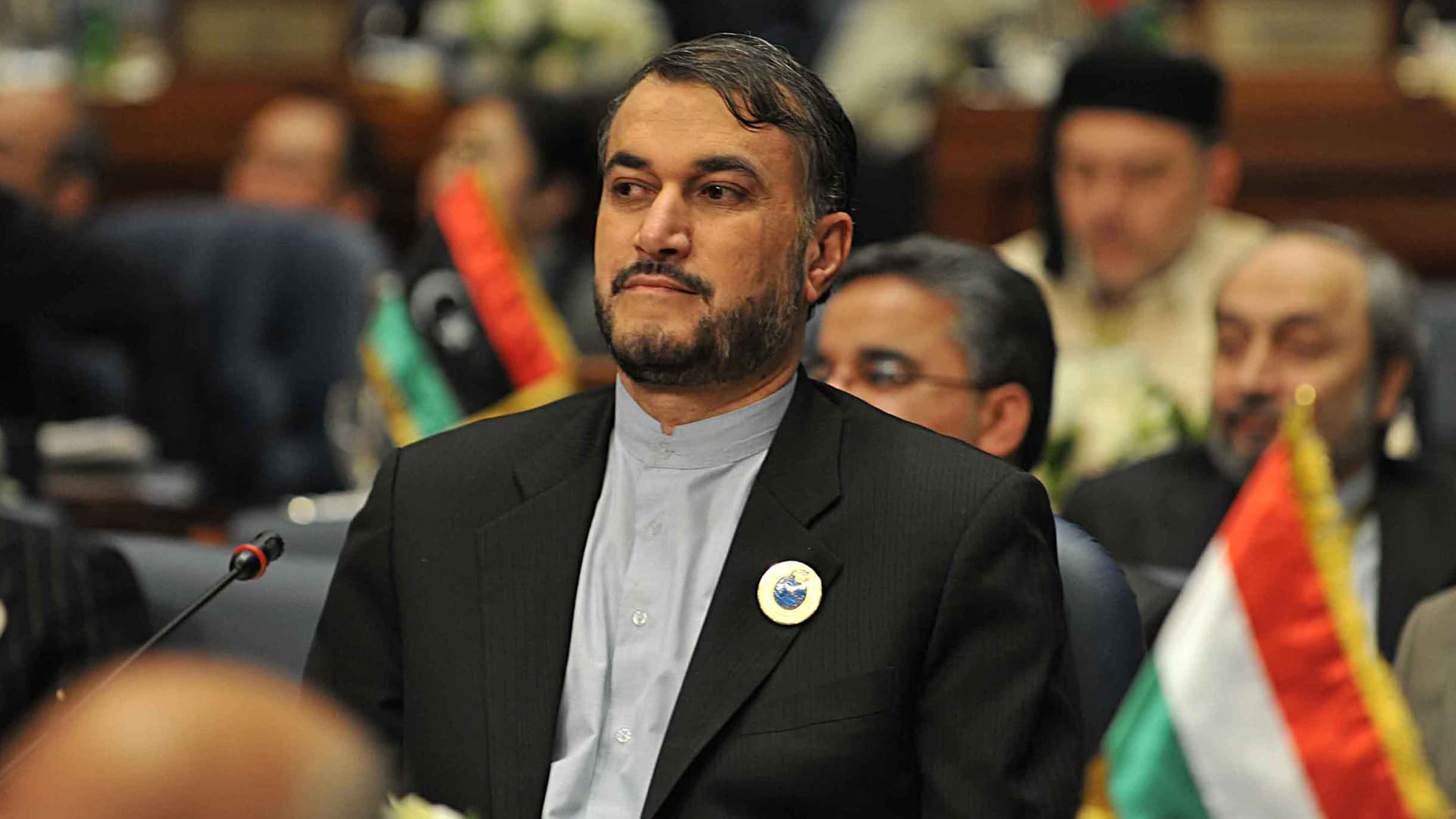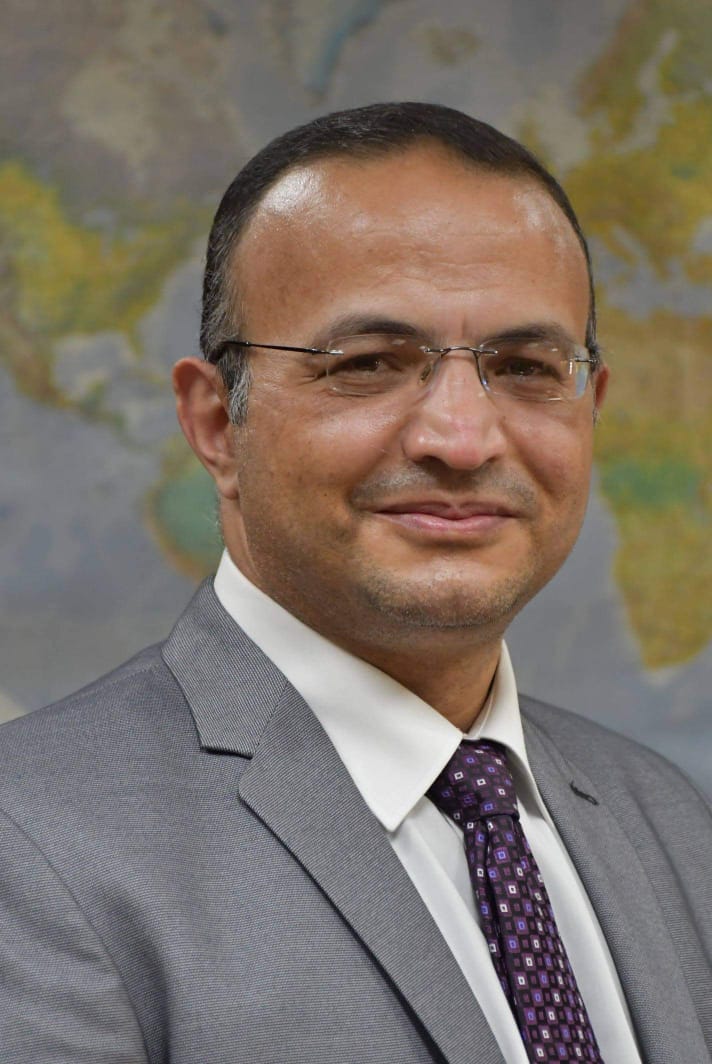The level of regional pressure Iran is currently facing is unprecedented, with the escalations near its borders prompting Tehran to send a stark warning by displaying its military capabilities. The external pressures come in parallel with an internal economic crisis due to US sanctions and the unclear path the 4+1 negotiations are taking. This can be explained by the fact that Iran’s stance is no longer secure due to developments in Afghanistan, the rise of nationalism in countries such as Azerbaijan, the emergence of a new trend against Iranian interference, which has created a changed situation on the ground in Iraq, as well as Arab openness towards Syria.
Iran’s President Ebrahim Raisi indicated, on assuming office, that his government would prioritize relations with neighboring countries, and in fact, his government has already taken steps in this regard. However, Iran has been facing adverse winds to its regional foreign policy in the past two months due to several developments, including:
- Developments in Afghanistan: When the Taliban entered Kabul on August 15, Iran’s reaction seemed subdued, which can be explained by the security agreements reached between Tehran and the Taliban. But Iran’s position has gradually changed from trying to contain the Taliban, to expressing clear concern about Taliban policies, especially regarding its relations with other components of Afghan society which Iran was keen to see represented in government. It has become clear that the Taliban intend to rule alone, which became evident from its suppression of what it deemed the “rebellion” of the Panjshir region. This sent a message to Iran that the understandings between the two parties have limits on the ground imposed by the Taliban’s own agenda. Thus, Taliban’s policies appear unchanged from 2001 when they last ruled the country, especially towards Iran.
- The rise of Azerbaijani nationalism: Nationalism has been on the rise in Azerbaijan since the last round of military conflict with Armenia over the Nagorno-Karabakh region (September 27 to November 10, 2020). This was reflected in the demonstrations of the Iranian Azeris in support of Azerbaijan, especially in the Iranian city of Tabriz, the capital of East Azerbaijan Province. In order to avoid domestic ramifications, Iran at that time tried to avoid an escalation of tensions with Azerbaijan. However, in recent months Tehran began launching a strong campaign against Baku, accusing it of giving Israel a foothold on its borders. Tensions escalated to military action, with threats from Iran that it “will not tolerate any changes on its borders.”
- Growing differences with Turkey: Turkey’s stances towards some regional issues have become of concern to Iran, especially its military intervention on Azerbaijan’s side during the last conflict with Armenia over the Nagorno-Karabakh region. Iran is particularly concerned over the new security agreement between Turkey and Azerbaijan under the name “Shusha Declaration”, which reached during Turkish President Recep Tayyip Erdogan’s visit to Baku on June 15. It important to note that Erdogan hinted at the possibility of establishing a Turkish military base in Azerbaijan within the framework of that agreement, which was not welcomed by either Iran or Russia. In addition, Pakistan appears to be aligned to the Turkish-Azeri axis, illustrated by its participation in the “Three Brothers” military exercise that took place from 12 to 20 last September. This adds further regional pressure on Tehran.
- Russian-Turkish coordination in Syria: Iran does not view with favor the continuation of Russian-Turkish coordination in Syria, illustrated by the Sochi summit that held between Russian President Vladimir Putin and Turkish President Recep Tayyip Erdogan on September 29th. Although Iran participated in the “Astana process”, it believes that Moscow is ending it a clear message through its bilateral coordination with Ankara on Syria. Iran believes Moscow is signaling that it is the main player in Syria, and that it can decide outcomes there through establishing direct contacts with Iran’s adversaries there, Turkey and Israel. Israel in particular views these understandings as an important mechanism to contain Iran’s presence in Syria, in tandem with strikes on sites affiliated with Iran, the Syrian regime, and the militias loyal to them.
- Normalizing Arab relations with Syria: The attendance by Syrian officials of Arab ministerial to discuss ways to provide Lebanon with energy from Syrian territories is an indicator that Arab countries are on the way to normalizing relations with Syria. Energy Ministers of the Arab Gas Pipeline countries, namely Egypt, Jordan, Syria and Lebanon, met in Amman on September 8 to discuss ways to deliver Egyptian gas to Lebanon via Jordan and Syria. Another meeting was held in the Jordanian capital, on October 6, between the energy ministers of Jordan, Syria and Lebanon, to discuss Jordan’s supply of electric power to Lebanon through Syrian territory.
- Declining influence of loyalist forces in Iraq: The results of Iraq’s parliamentary elections, held on October 10, revealed the waning influence of Iran’s local allies. the number of seats won by the “Al-Fatah” alliance – Iran’s most prominent ally – decreased from 47 seats in the parliamentary elections held in 2018 to 14 seats in the last elections. The “State of Law” coalition led by former Prime Minister Nuri al-Maliki came in third place with 37 seats. In contrast, the Sadrist movement won first place with 73 seats, and the Sunni “Progress” coalition headed by the outgoing Speaker of Parliament, Muhammad al-Halbousi, came in second with 38 seats. These results suggest the growing influence and popularity of groups opposed to Iranian interference, and those who no longer want to see Iraq an arena for regional conflict, and who seek to strengthen Arab-Iraqi relations. This will push Tehran to reconsider its position, based on the new balance of power created by the elections, although forces loyal to Iran still possess considerable political influence.
In conclusion, it can be said that Iran appears to be at a difficult inflection point, as regional developments create significant challenges to its interests and regional ambitions.


